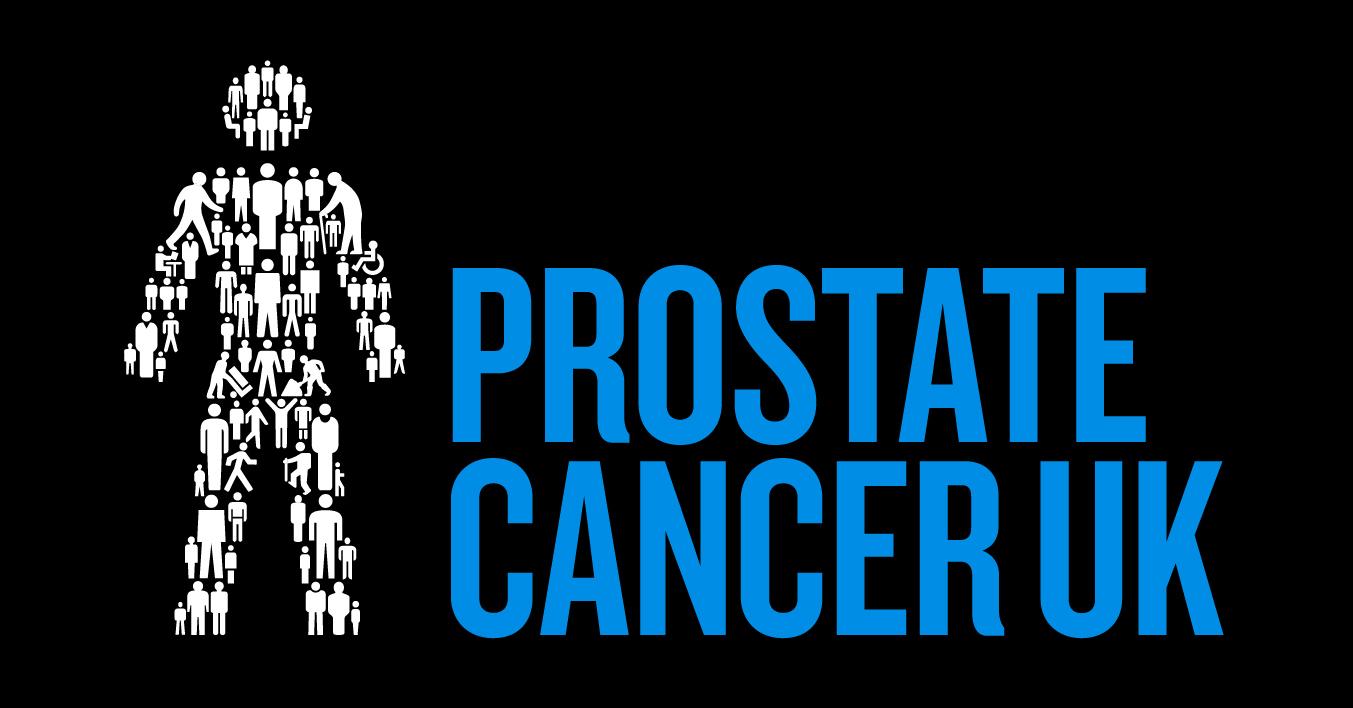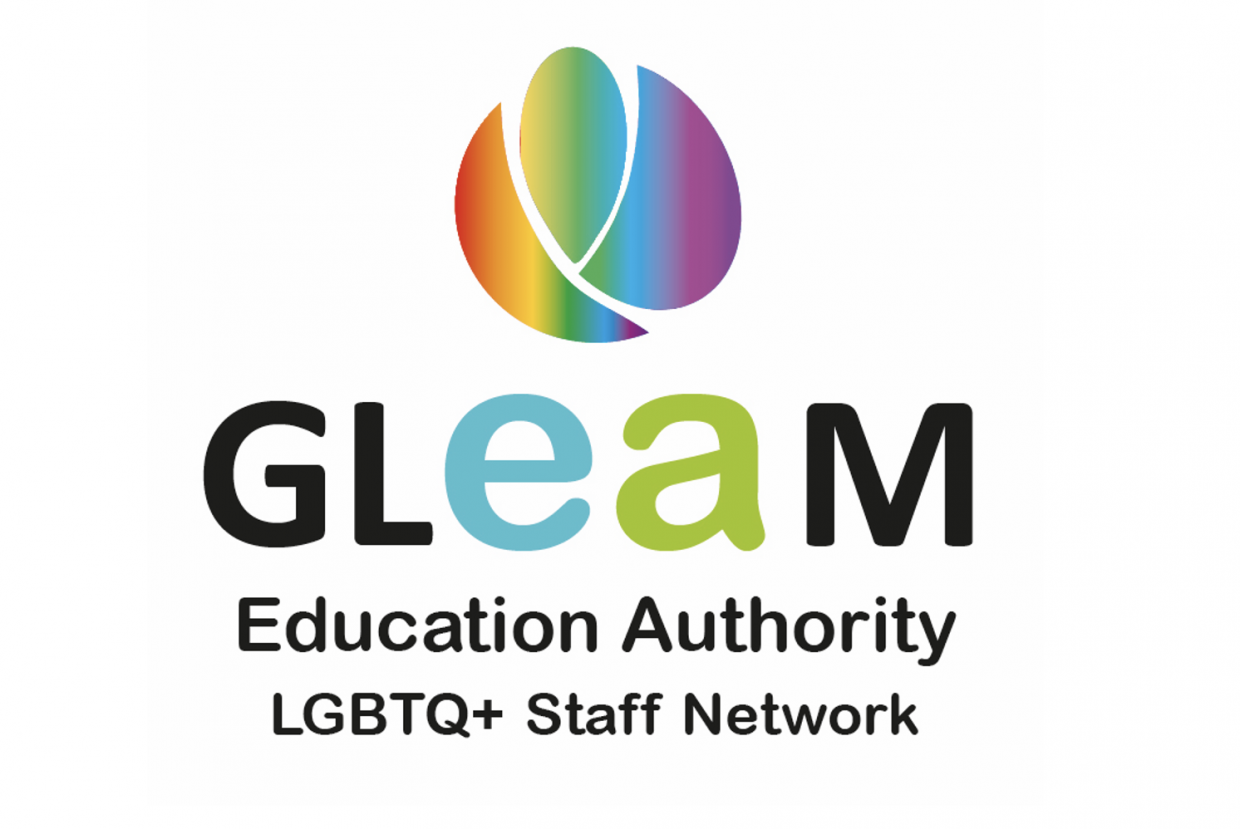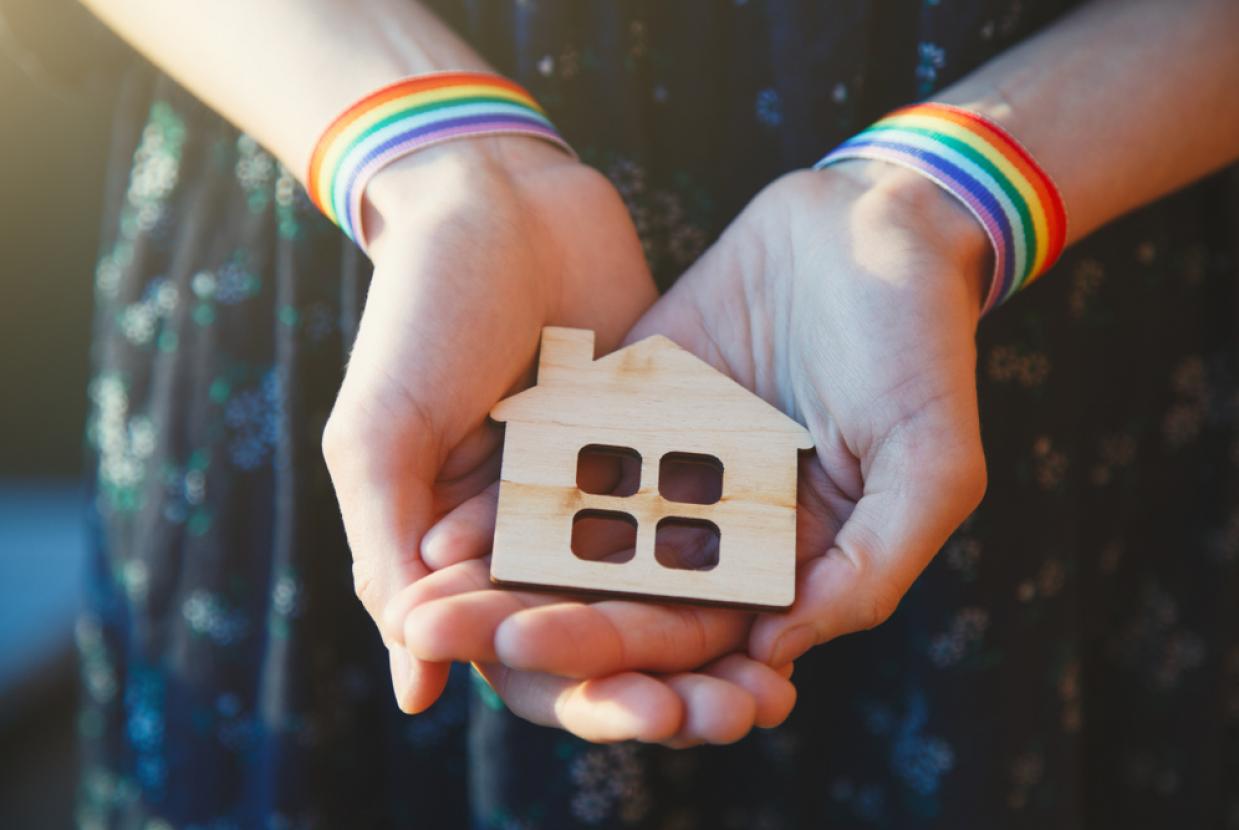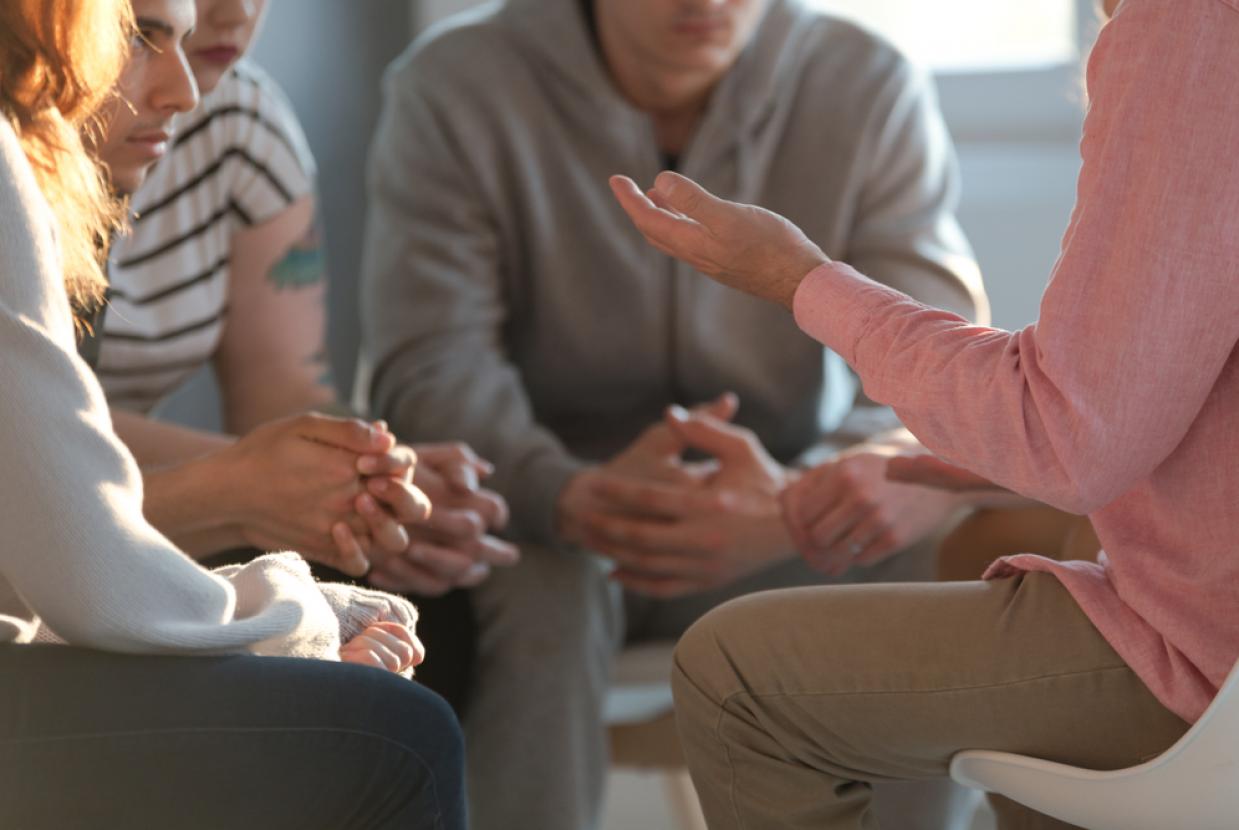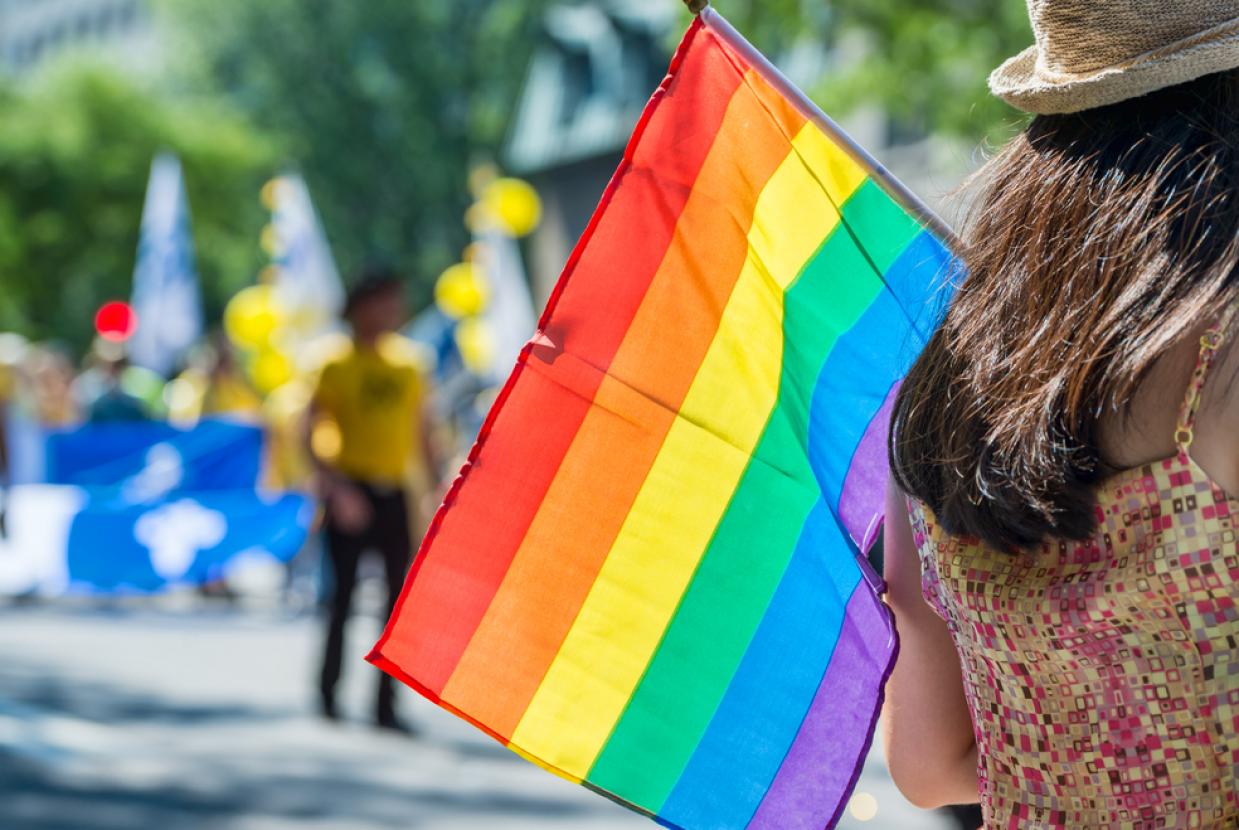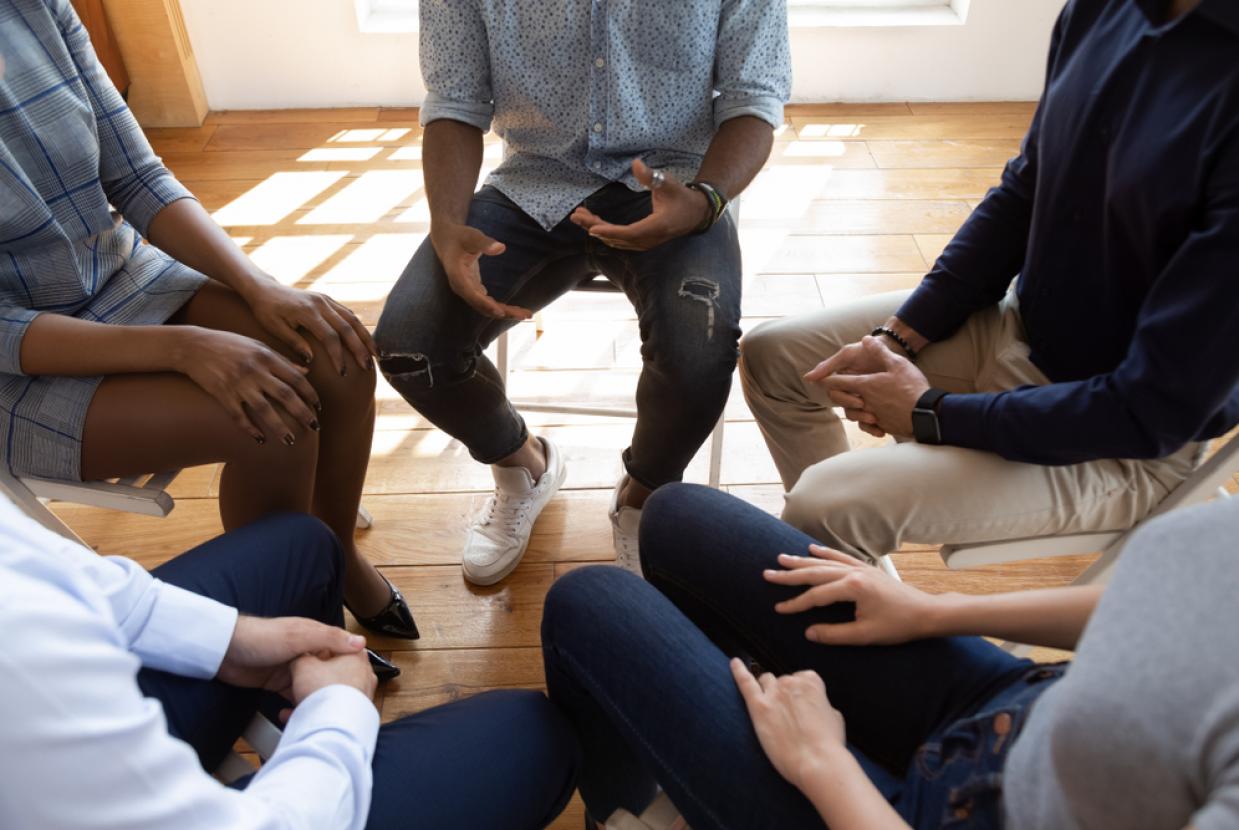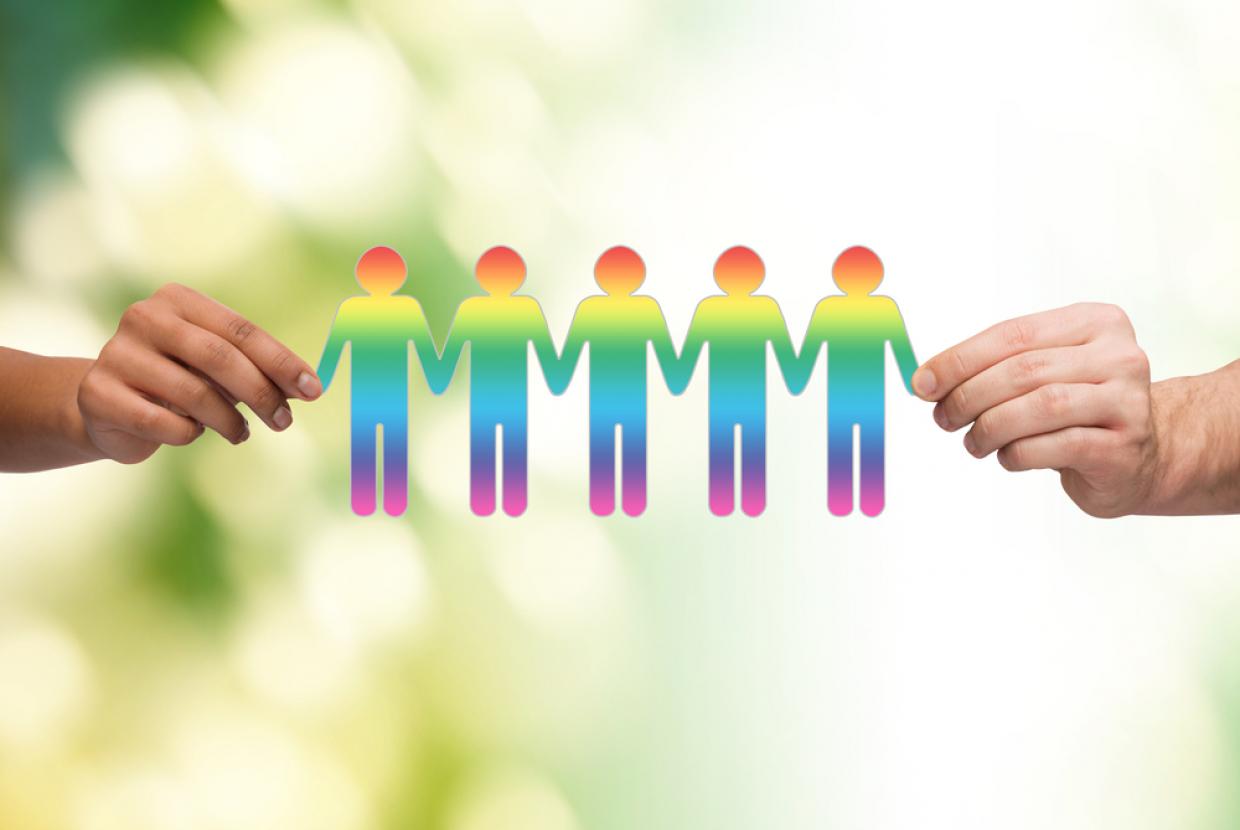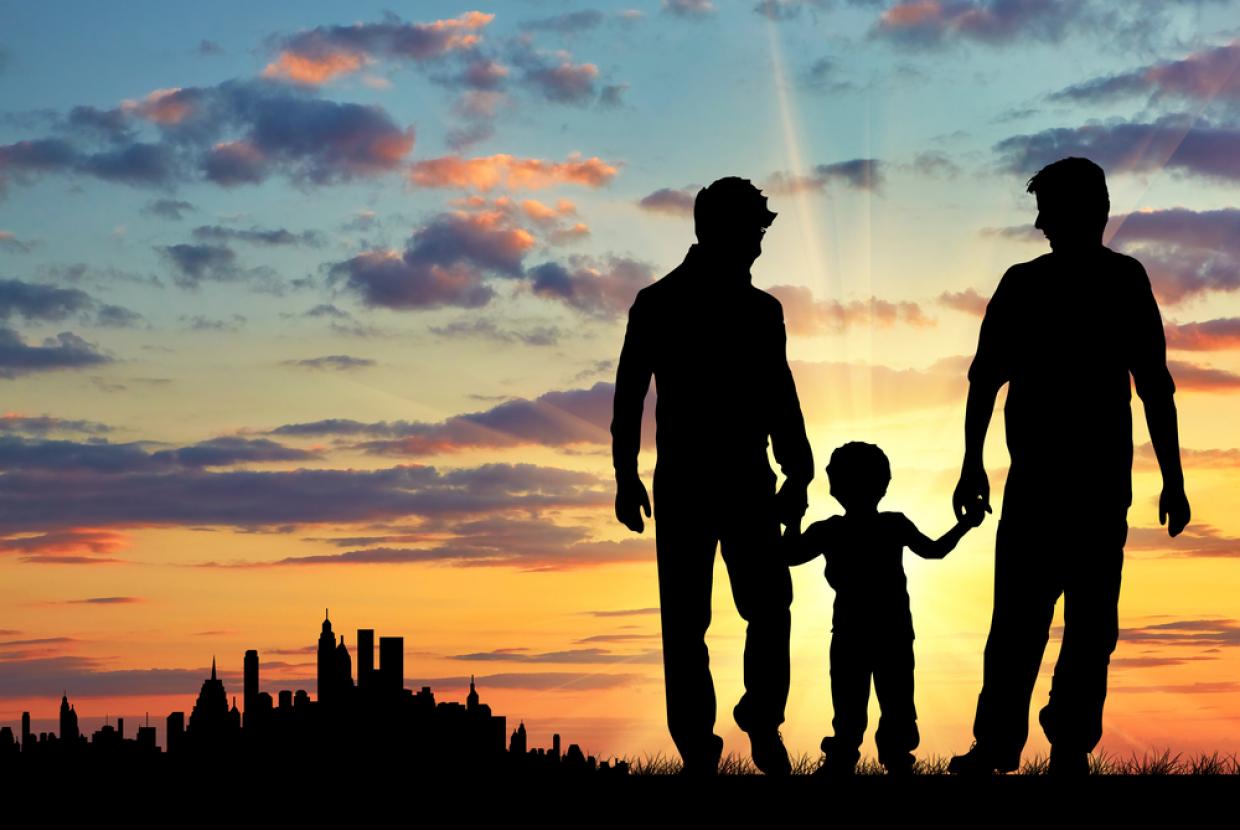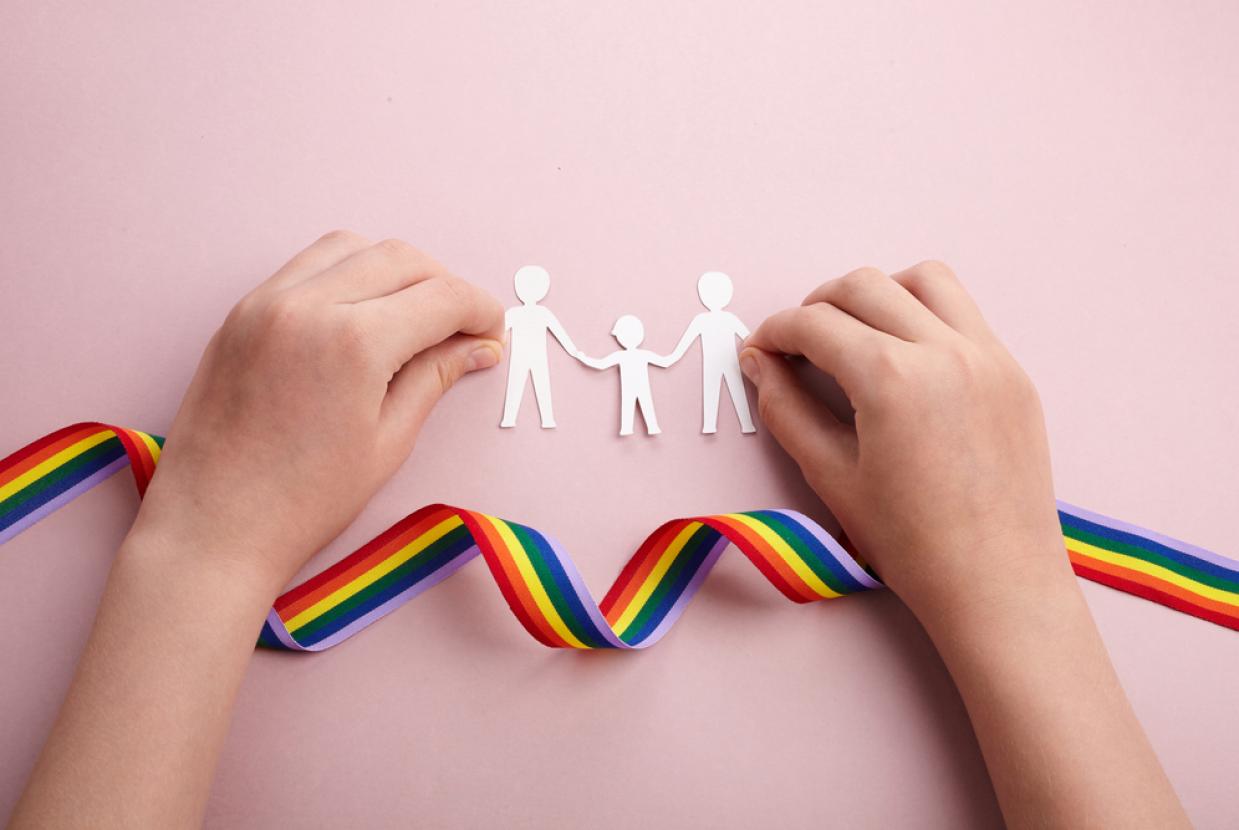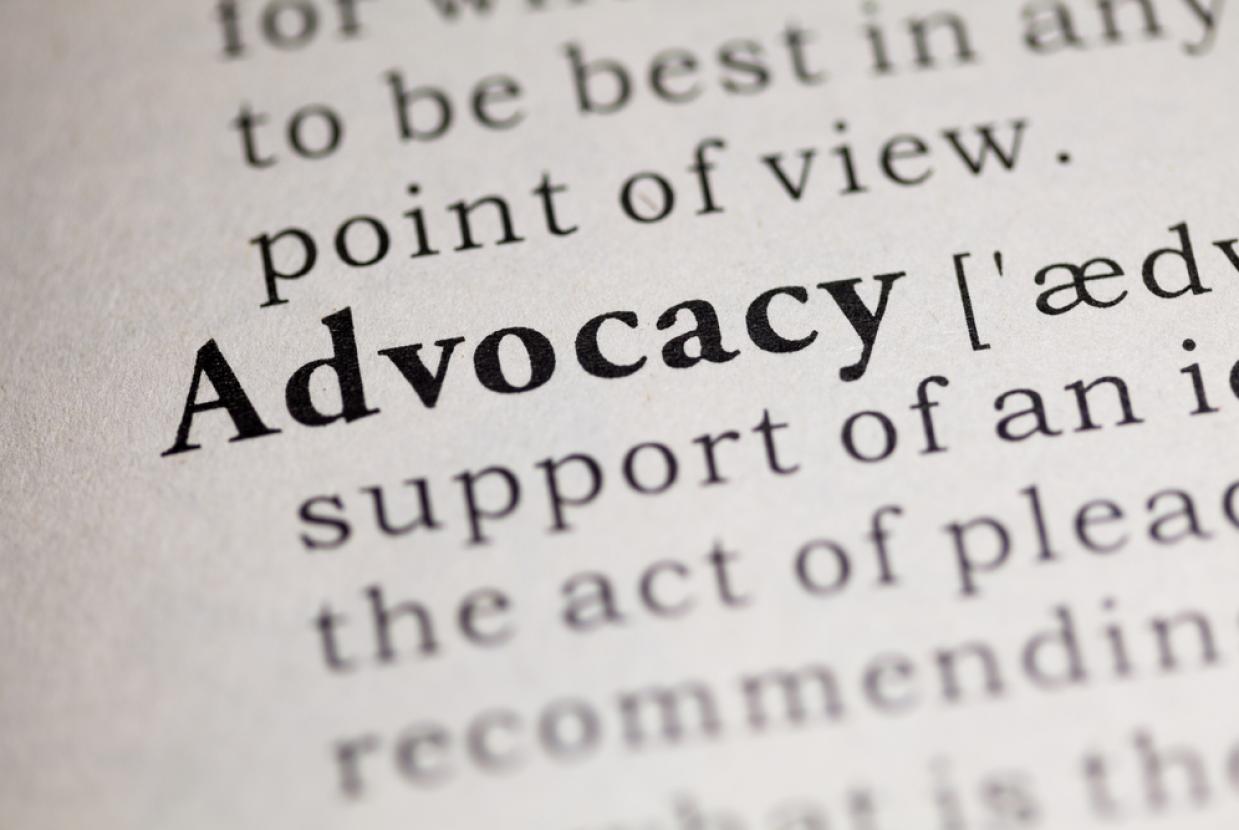Trans Awareness Week: Prostate Cancer
LGBTQ+ HealthTrans women can get prostate cancer. Trans women have a prostate – the prostate is a gland that sits underneath the bladder and surrounds the urethra, which is the tube that carries urine (wee) out of the body.
The following people have a prostate:
- cis men (men who identify as male and were assigned male at birth)
- trans women (women who identify as female and were assigned male at birth)
- non-binary people who were assigned male at birth
- some intersex people.
The prostate in cis men is usually the size of a walnut but increases in size with age. This increase in size is less if you’re taking feminising hormones (oestrogen) or drugs that prevent androgens like testosterone from having effects on the body (testosterone blockers, also known as anti-androgens).
What does the prostate do in trans women?
The prostate’s main job is to help make semen – the fluid that carries sperm. Trans women who have had genital reconstructive surgery may produce fluid on sexual arousal but won’t produce sperm because the testicles have been removed.
If I'm taking hormones or have had genital reconstructive surgery does that mean I won’t get prostate cancer?
No, it doesn’t necessarily mean you won’t get prostate cancer. But the chance of getting it is likely to be lower if you’re taking feminising hormones, testosterone blockers or have had the testicles removed.
Taking feminising hormones, testosterone blockers or having the testicles removed reduces the risk of prostate cancer by lowering testosterone levels. Some researchers believe that trans women who have taken these hormones will only develop prostate cancer if their prostate cancer had started developing before they started transition, but more research is needed.
We don’t know whether the age of starting hormone therapy could be a factor. There is some evidence that being older at transition increases the risk of developing prostate cancer, but we need more research.
What is the risk of prostate cancer in trans women?
We don’t know the exact risk of prostate cancer in trans women. As in cis men, most cases of prostate cancer in trans women have been in those aged over 50 years.
In cis men, being black or having a family history of prostate cancer increases your risk of getting prostate cancer. Although we don’t have evidence of this in trans women, it’s likely that these things will increase your risk as well.
Although the risk of prostate cancer is likely to be low, it’s important to be aware if you’re a trans woman or a non-binary person assigned male at birth because:
- you might not have any symptoms
- you might be listed as female on your medical records so a health professional may not start a conversation with you about prostate problems
- your PSA levels (used to test if you have prostate problems) are likely to be lower if you are taking feminising hormones so may not be a reliable sign of prostate problems.
What are the symptoms of prostate problems in trans women?
Most early prostate cancer doesn’t usually have any symptoms, but some people might have urinary problems. These can also be a sign of a benign prostate problem, such as an enlarged prostate or prostatitis.
Trans women who have had feminising hormones and therefore have a smaller prostate might be less likely to have symptoms – but if they do have symptoms they might be similar to those of cis men.
If you have any urinary symptoms as a trans woman or non-binary person assigned male at birth you should speak to your doctor so that they can find out what’s causing them.


